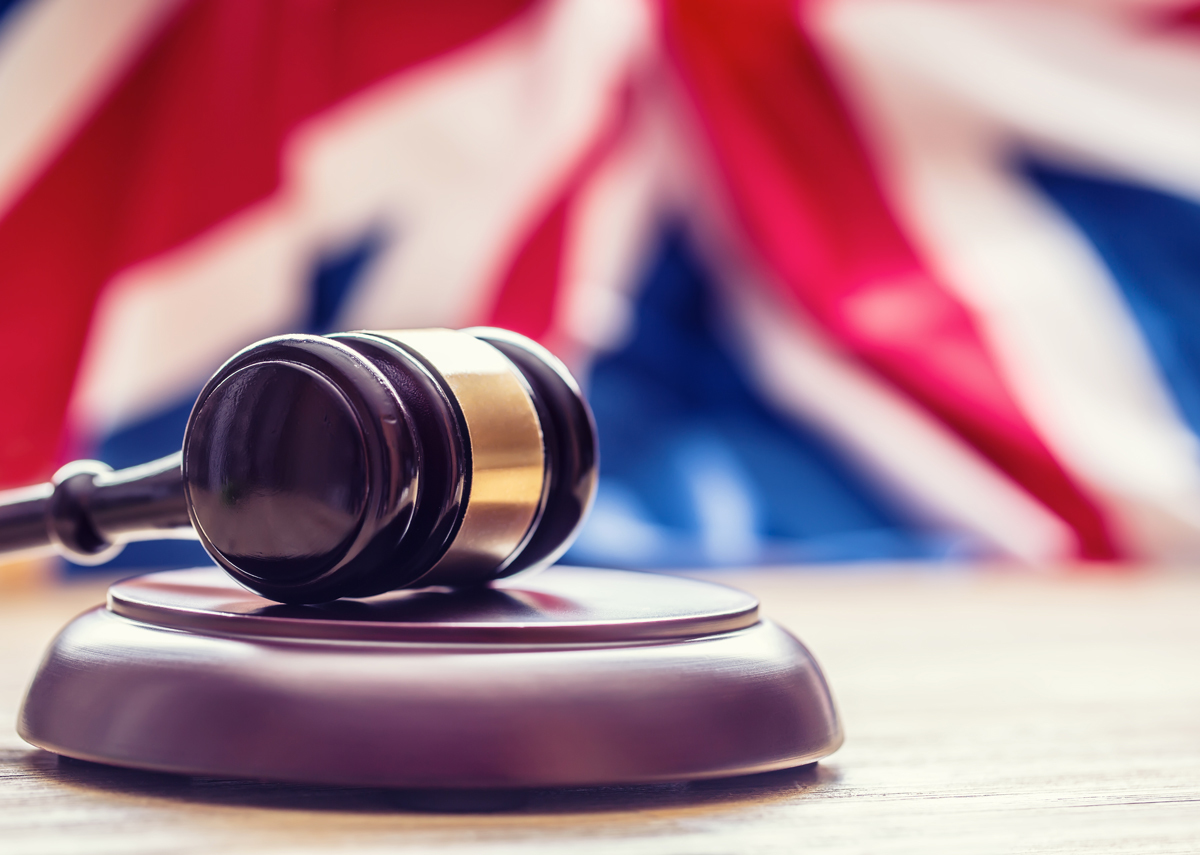Adverse effects caused by many drugs are comparable in animals and humans due to their similarities in genetics, anatomy, and physiology. Whilst the predictive value of animal studies is not perfect, it is likely to be far better than estimated since many new drugs stopped at the pre-clinical stage due to safety concerns never going on to be tested in humans.
Due to the important role animals play in protecting human health, it is entirely appropriate that they are afforded protection under the law. The core legislation governing experiments is the Animals (Scientific Procedures) Act 1986 (ASPA). In 2012, ASPA was revised and updated to conform to European Directive 2010/63/EU on the use of animals in science; however, the European directive was itself heavily based on existing UK law, which is widely regarded as being the strictest in the world and is under constant refinement and review. The Act stipulates that a harm-benefit assessment must be applied before any research project involving animals can go ahead and that animals must not be used if a non-animal alternative is available that can give equivalent data. The Act also outlines the various licences that are required.
Licencing required in the UK when using animals in research.
In the UK, three separate licences are required before research using animals is permitted. Firstly, the research institute or company must be granted an Establishment Licence. This licence includes a schedule of the premises, which lists the specific rooms or areas within the facility where animals may be used in regulated procedures. These must all meet the standards set out in a Code of Practice. The Establishment Licence also names individuals responsible for overseeing the welfare and care of the animals. All legal requirements must be met before an Establishment Licence is granted by the Secretary of State.
Any research programme requiring the use of regulated procedures in animals must be granted a Project Licence. The Project Licence outlines the programme of work and details the procedures being carried out in the study.
Importantly, it also contains the scientific reasoning as to why the study is taking place. Before an application is made for a Project Licence, it is reviewed by an Animal Welfare and Ethical Review Body (AWERB). This review enables any ethical concerns to be raised and addressed and ensures that the principles of the 3Rs of Animal Welfare have been applied appropriately to the proposed project. When the AWERB review is complete, the application is forwarded to the Home Office, which approves the licence only if they are satisfied that legal and ethical requirements are met.
Only individuals with a Personal Licence can carry out regulated procedures authorised by a Project Licence. A Personal Licence is specific to an individual and before a Personal Licence is granted, an accredited modular training course must be carried out. An additional course is needed to enable an individual to perform surgical techniques. The Project Licence holder must be satisfied with the competency of the before they are authorised to perform any licenced procedure. New Personal Licence holders undergo a period of training and supervision to ensure procedures are performed competently.
Welfare at Vivonics
Welfare is the at forefront of studies conducted here at Vivonics. We pride ourselves in our exceptional care of all animals involved in our studies. We keep updated with new technologies that aim to reduce, refine and replace animals in research. High standards of welfare not only benefit the animal but also significantly increases the quality of the data we collect


